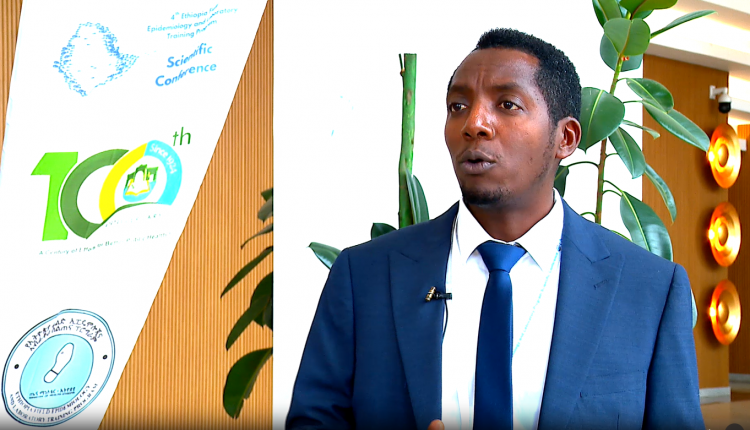Ethiopia’s Field Epidemiology Training Program Emerging as Global Model: Executive Director
Addis Ababa, July 10, 2025 (FMC) — Ethiopia’s Field Epidemiology and Laboratory Training Program (FELTP) is fast becoming a continental and global model for building a resilient, well-equipped public health workforce, according to the program’s Executive Director, Dr. Assegid Samuel, in remarks reported by ENA.
Dr. Assegid noted that the program has already trained over 800 field epidemiologists, putting Ethiopia on track to meet the global health security workforce targets — a major milestone in strengthening the country’s capacity to respond to disease outbreaks and public health emergencies.
Offered across eight universities and internationally accredited, FELTP is now a cornerstone of Ethiopia’s public health infrastructure, serving as a platform for practical training and strategic preparedness.
“What makes Ethiopia’s FELTP unique is that the country has taken full ownership of the program — unlike many similar initiatives around the world that rely heavily on foreign donors,” Assegid said. “This has ensured its sustainability, even during challenging financial times.”
He explained that FELTP plays a pivotal role in preparing health professionals to address emerging health threats through surveillance, early detection, and coordinated response mechanisms. The program emphasizes a team-based approach to health service delivery, integrating physicians, nurses, and other specialists to ensure comprehensive and collaborative solutions.
“You can’t isolate the roles of physicians, nurses, or surgeons — it’s all about coordinated teamwork,” he stressed. “The majority of our training and field work is conducted through multidisciplinary teams.”
The Ethiopian government has shown strong commitment to the program, not only by policy but also through practical investment. Dr. Assegid highlighted that more than 42 vehicles have been deployed across regions to support fieldwork, and significant funding has been allocated for public health investigations, data analysis, and emergency response training.
Beyond training, FELTP has produced over 4,000 research projects, many of which have informed public health policy at national and regional levels — making the program a key contributor to evidence-based decision-making.
Dr. Assegid emphasized that government ownership is the driving force behind FELTP’s success.
“One of the best practices in field epidemiology is when governments take ownership. Without this, it’s difficult to build a sustainable system with qualified professionals,” he explained.
In addition to strong domestic support, the program maintains partnerships with key global institutions including the U.S. Centers for Disease Control and Prevention (CDC) and the World Health Organization (WHO). Through these collaborations, Ethiopia’s FELTP not only enhances national resilience, but also contributes meaningfully to regional and global health security.

